Hi Everyone,
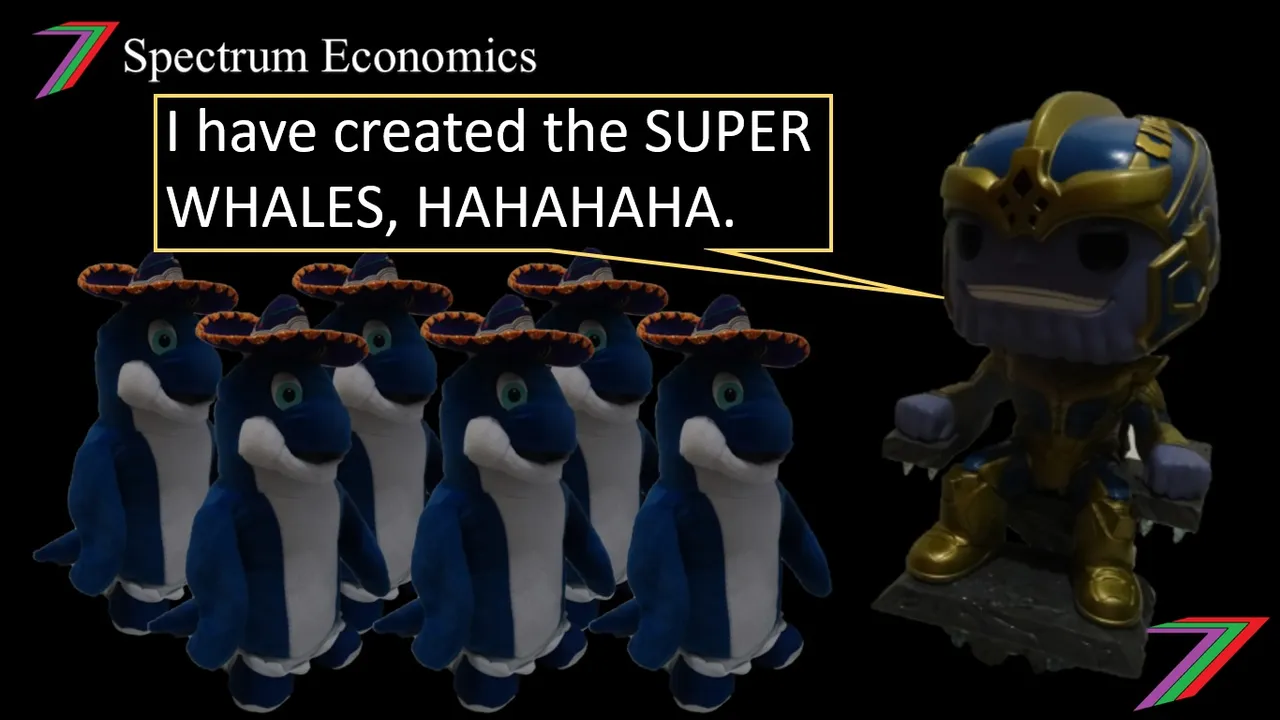
I thought I would tap into my philosophical side for today’s post. In this post, I attempt to explore the meaning of perfection and the implications that perfection has on both a smaller and a larger scale. As I wrote this post, my ideas were continuously evolving. I apologise if certain ideas feel a little disjointed. I will revisit and reemphasize some of this content using more defined examples in some of my upcoming posts.
In life, we try to better ourselves in almost every way imaginable. We try to learn new skills and acquire more knowledge. We try to accumulate material wealth and possessions. We try to improve our fitness and health. We try to be better, kinder, and nicer people. We try to enhance our physical appearance. We try to do what is best for our family and friends. We try to be a positive influence. We try to do the ‘right’ thing. Some of us strive for improvement. While others strive for perfection. Nobody has achieved perfection. It is a goal that is unobtainable. However, it is interesting to explore perfection as an ‘ideal type’, which can be used as a benchmark for reality.
What is perfection?
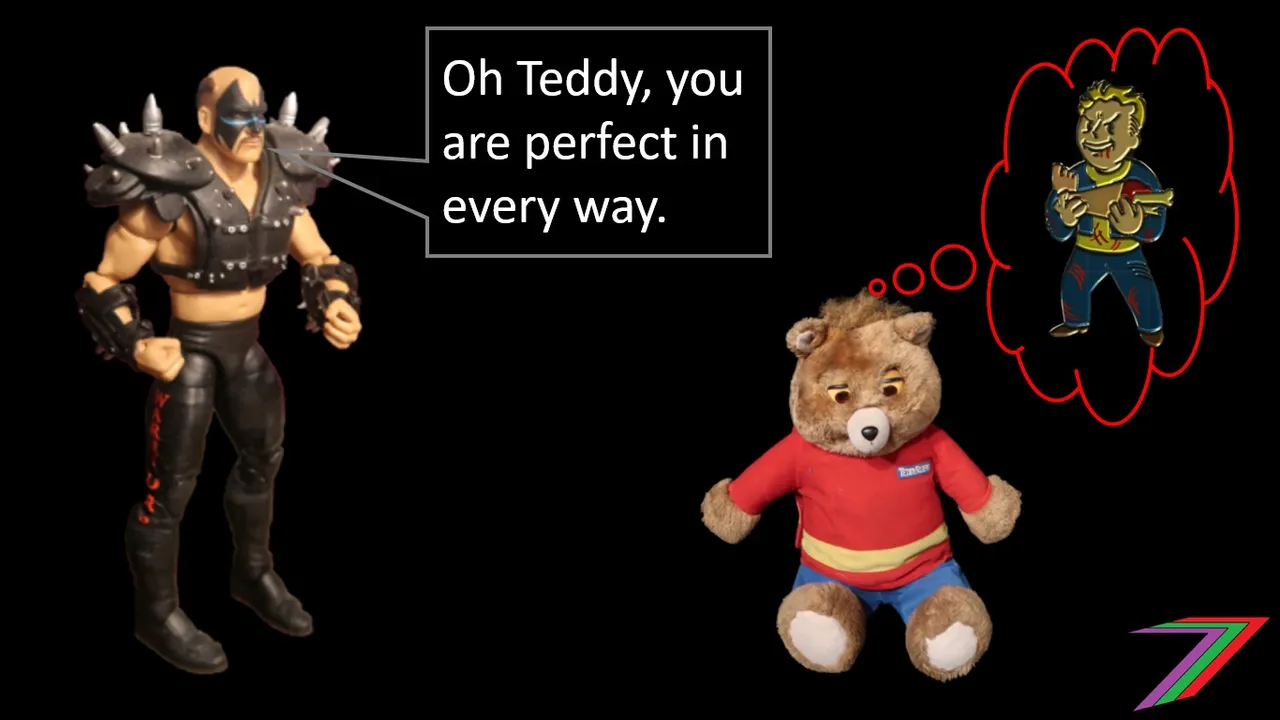
When something is perfect, it has reached a point where it can no longer be improved. It is flawless and without fault. Below are several definitions of the word ‘perfect’.
Having everything that is necessary; complete and without faults or weaknesses (Oxford).
Something that is perfect is as good as it could possibly be (Collins).
Excellent or complete beyond practical or theoretical improvement (Dictionary.com).
If perfection is achieved, the process of improvement no longer exists. The journey has ended. There are no more needs and wants as they have all been fulfilled. There is no motivation to pursue new goals as all have been accomplished. There is no reason to change or to accept change. The world of perfection is a world that no longer serves purpose. Perfection is death.
Imperfection is beauty
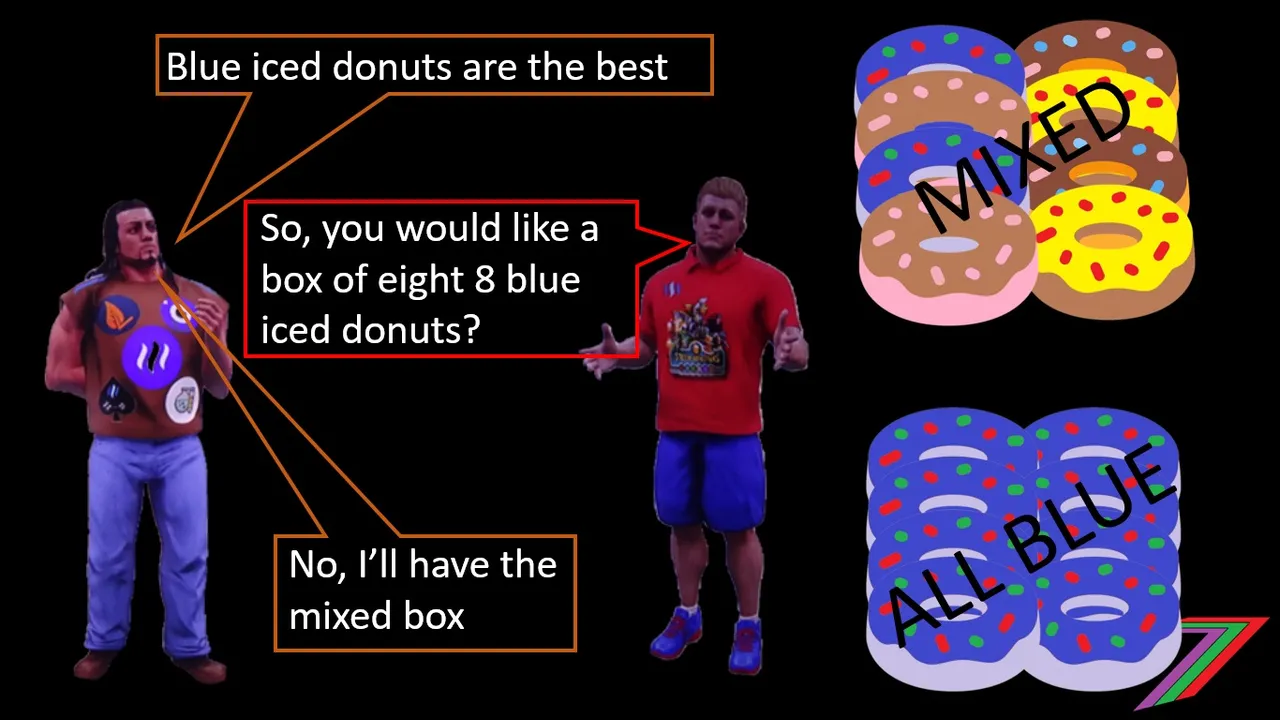
We live in a world of imperfection. Imperfection signifies diversity and variety. What is more beautiful? A field filled with identical perfect flowers or a field filled with unique imperfect flowers. In isolation, the perfect flower might be more beautiful than an imperfect flower. However, when viewed as a collective, imperfection will always be more beautiful (i.e. I am assuming these are reasonably good quality flowers just not flawless in appearance).
We could argue that the field containing only perfect flowers is not a perfect field of flowers. A perfect field of flowers would contain a combination of flowers where each flower fulfils a role to create the perfection. Each flower would no longer be perfect by itself. Likewise, several perfect fields of flowers would not create a collection of perfect fields of flowers. If perfection was possible, it could only exist in isolation (i.e. individual flower or individual field of flowers) in a stagnant environment (i.e. the size of the field does not change or new fields could not come into existence). Perfection can not be scaled up or down without complete transformation. See the shades of grey below.
Shades of Grey
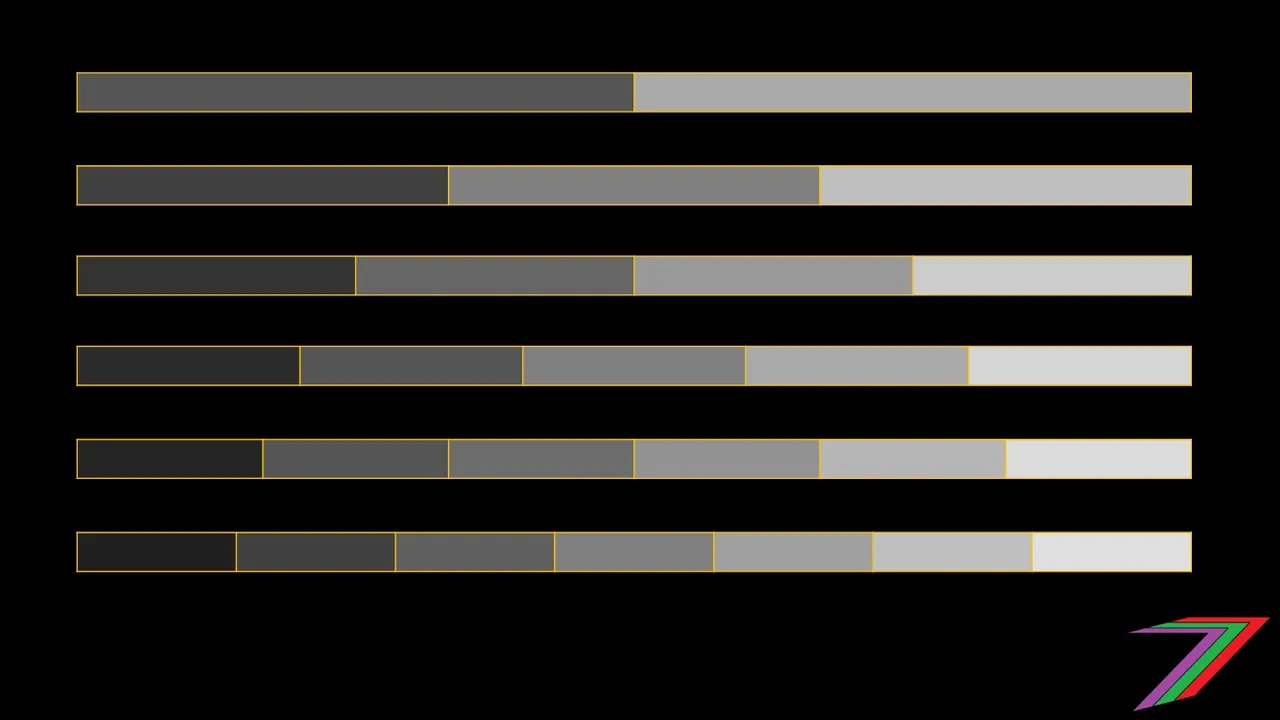
The top line contains two shades of grey between black and white. The first shade of grey is one-third away from black and two-thirds away from white. The second shade of grey is two-thirds away from black and one-third away from white. If the world evolves to three shades of grey, a new shade of grey is added but the existing shades must change to maintain the exact even distribution between the shades of grey. Every time a new shade of grey is added, the existing shades of grey must change to maintain the perfect balance.
Perfect people make an inferior world
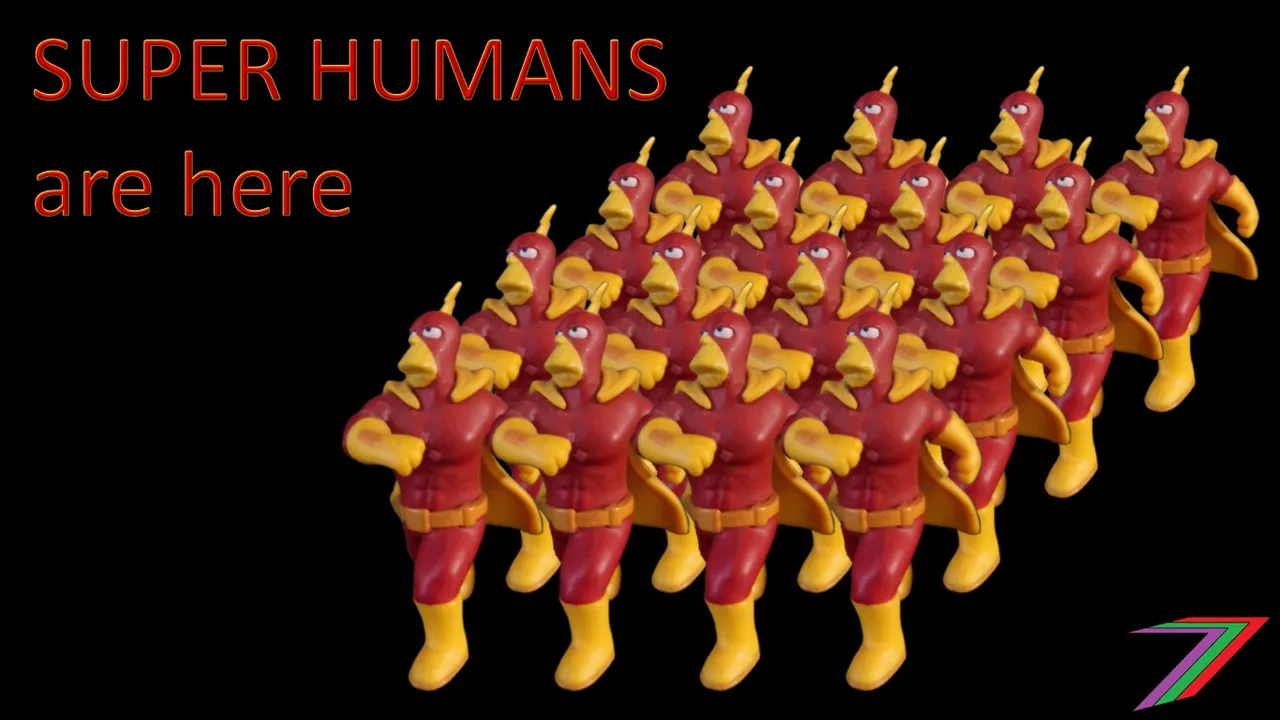
Let us investigate perfection in the context of people. All people are different. They look different. They have different personalities. They have different mannerisms. They have different peculiarities. They have different strengths and weaknesses. However, the collective of all these differences/imperfections is something far more valuable than a world full of perfect people.
Imagine creating a person (super human) who had the best possible traits of all people on earth. This person would be the most intelligent, the strongest, the fastest, the funniest, the kindest, the wisest, the most physically attractive, and the most talented in all areas. This person would not be perfect but arguably superior to any human alive. Imagine that this super human was cloned a billion times and now the clones were the only people that existed. Even though these super humans would be superior to every person currently in existence, would the world be a better place?
We could argue that we would be more technologically advanced as everyone is a genius. We could argue that social problems such as crime would not exist, as laws would not be necessary, as nobody would have the desire to hurt anyone else. Likewise, we should not have a need for war, as people would not crave power or wealth (i.e. we are all incredibly wise). Nobody would be without basic needs such as food, water, shelter, and healthcare; our intelligence would assure that resources would always be distributed to those that needed them.
In order for any society to function, people will need to perform different activities. Some of these activities will be more rewarding than others. How would we determine who did which activities? Who would do the preferred jobs? Who would do the less preferred jobs? Could we assume that tasks would be performed on rotation in a manner that is fair? Would such rotation hinder efficiency? Therefore, would the distribution of tasks be based purely on luck, as there would be no other possible characteristics to distinguish each person?
How would entertainment function? Let us use the example of the film industry. Everyone is equally talented and can equally perform the same roles. All actors, directors, writers, etc. will become interchangeable, therefore, offering limited variety. The same problem occurs when we look at the music industry. Everyone will be able to sing every genre magnificently. However, variety will be limited, as variations created because of imperfection will not exist. The work of another person will be less appreciated because everyone can perform the same work to the same level. Nobody will have any special talents. What would happen to comedy? Everyone is equally funny; therefore, by comparison, nobody will be funny. What happen to sports? Everyone will be equally talented in the exact same way. Outcomes of all sports events will rely on luck and not talent. We will not witness exciting games that occur because of different strengths and weaknesses. Watching Team A vs. Team B will be the same as watching Team G vs. Team Y. In short, entertainment of almost all sorts would be shallow and unfulfilling.
What would happen to our relationships and social interactions with others? Would we be able to have best friends, when the next person who comes along will be the same? Would we be able to fall in love, when everyone has the exact same qualities and allure? Would we be able to have engaging conversations and interactions when everyone shares the same ideas, knowledge and experiences? Would we be able to form an identity as people, groups of people, or communities, if there is nothing to distinguish us from the rest of the world? In short, social interaction would offer very little meaning.
Earlier in the post, I mentioned that we could arguably be more technologically advanced. It is also possible that we will not be. Innovation and creativity may not necessarily stem purely from the most creative minds. It is possible that creativity could also stem from problems more likely to be encountered by regular people (i.e. not the super humans discussed in this post). This would create an absence of creativity and innovation stemming from circumstances. Would a lack of meaningful discussions and debate, as described in the previous paragraph, further hinder progress? Could great minds thrive as well in the absence of stimulation?
Would the super humans be happy? They would lack variety in almost all aspects of life. They would also not be able to enjoy genuine success, as any achievements would be an outcome of luck rather than hard work or talent (i.e. everyone would be equally talented, motivated, and hardworking). If the created status quo remained, life would have very little meaning.
Disintegration of the super species
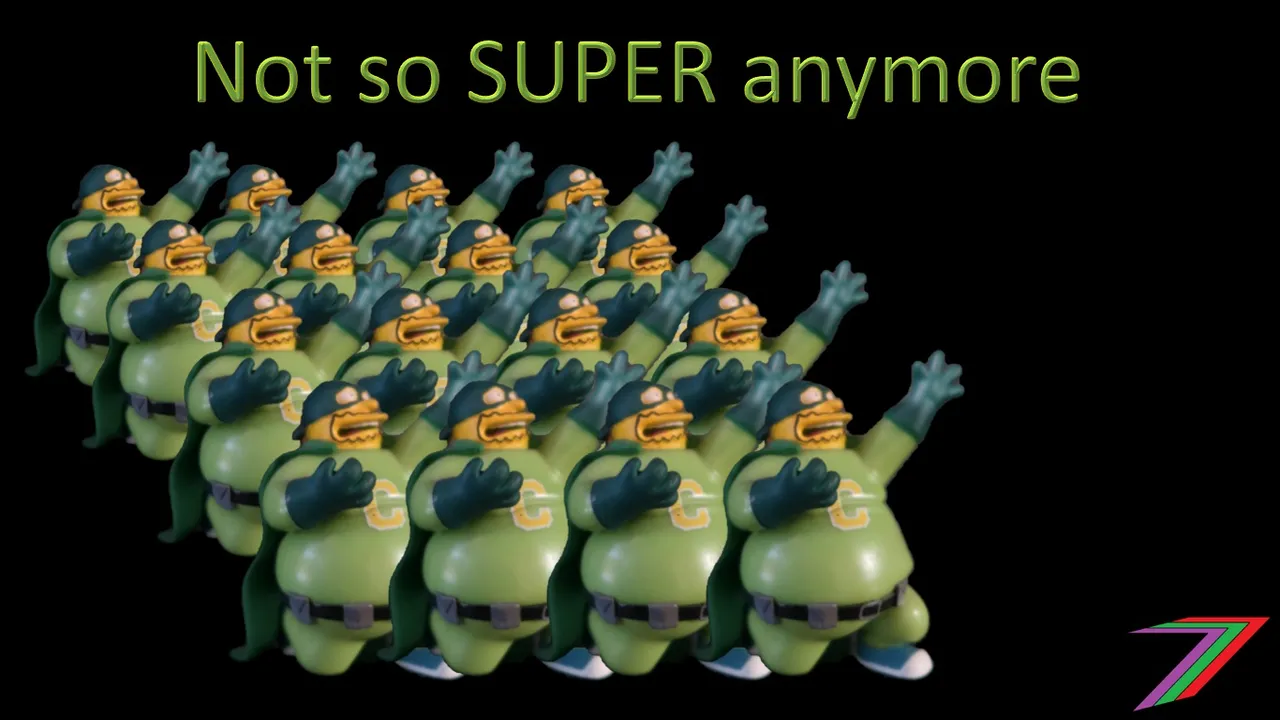
I have discussed a world of super humans rather than perfect humans. A world of super human would be bad but a world of perfect humans would be worse. The problems I have mentioned such as lack of social fulfilment and enjoyment would result in the collapse of a super human species. It would most likely cause super humans to become more human as lack of stimulation would erode the advantages they have been genetically given. Eventually we would return to a state of diversified imperfection. However, this would probably be very different to the one we have now. At least, the great diversity that imperfection offers us will return. If we had a world of perfect humans, society would not disintegrate or break down. For society to break down requires imperfection. It requires the problems outlined to take a toll. The perfect humans would endure and not change anything, as the only changes that could be made would create imperfection. We would be forever stuck in an inescapable monotony.
Embrace our imperfections
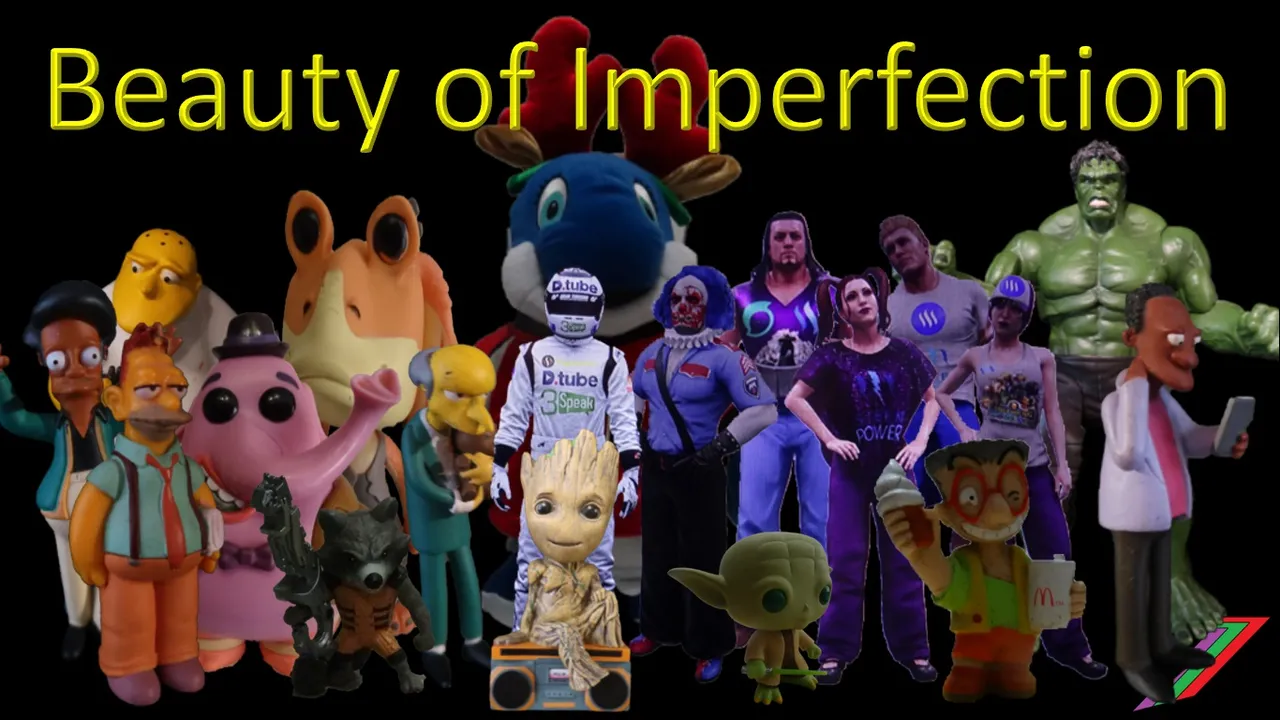
Nobody is perfect. Nobody will ever be perfect. Nobody will even be masters of every aspect of life. Instead, we are all imperfect creatures. Imperfection means we are all different. Our differences make us all special. Our imperfections enable others to add value to our lives. Other people’s imperfections enable us to add value to their lives. Our imperfections stimulate creativity and innovation. Our imperfections make us humorous and funny. Our imperfections enable us to appreciate those that can master things we cannot. Our imperfections enables us to enjoy the great moments in life as our not so great moments help us to appreciate them. Our imperfections make us beautiful. Imperfection makes life worth living as it is always changing.
Instead of striving for perfection, maybe we should strive to be part of something beautiful. In the context of the world we live, perfect parts do not make a perfect whole. A perfect whole is inconceivable as everything always forms part of something else.
More posts

If you want to read any of my other posts, you can click on the links below. These links will lead you to posts containing my collection of works. These posts will be updated frequently.
Guide to the Steem Ecosystem (Udemy Course)

I have launched my Udemy course ‘Guide to the Steem Ecosystem’. This course takes you on journey through the Steem Ecosystem. The course consists of 6 sections. These sections are as follows:
- Getting Started
- Navigating Steem Frontends
- Becoming a Steem User
- Behind the Scenes
- The Wonders of the Steem Ecosystem
- Additional Content (SteemFest 4, SMTs, Communities, etc.)
The course contains 56 video lectures (about 13.5 hours of viewing), 56 multiple-choice questions (10 to 12 at the end of each section), and 59 downloadable resources (presentation slides and additional material such as white and blue papers). The course is free-of-charge. Click the link above to access the course.
I also have an economics course, titled Economics is for Everyone, which contains about 4 hours of video content.



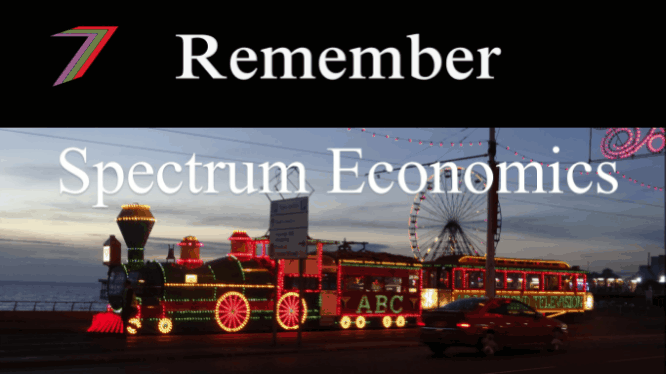
Steem - The Future of DApps





